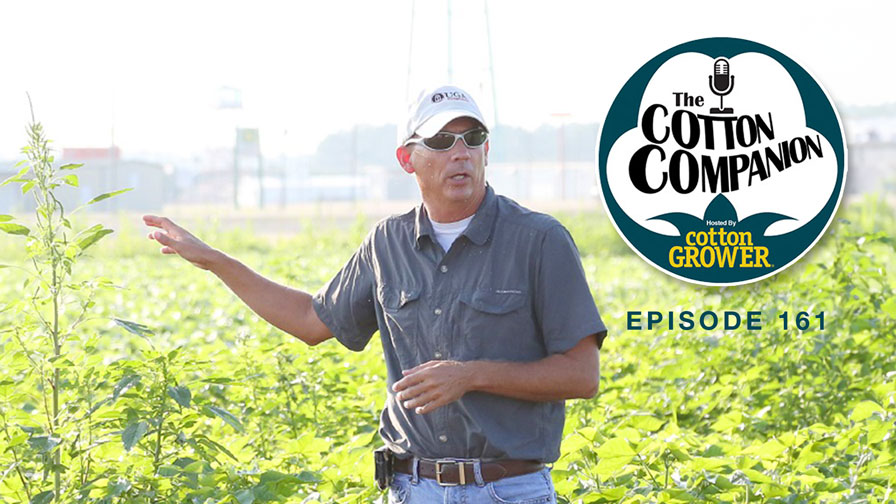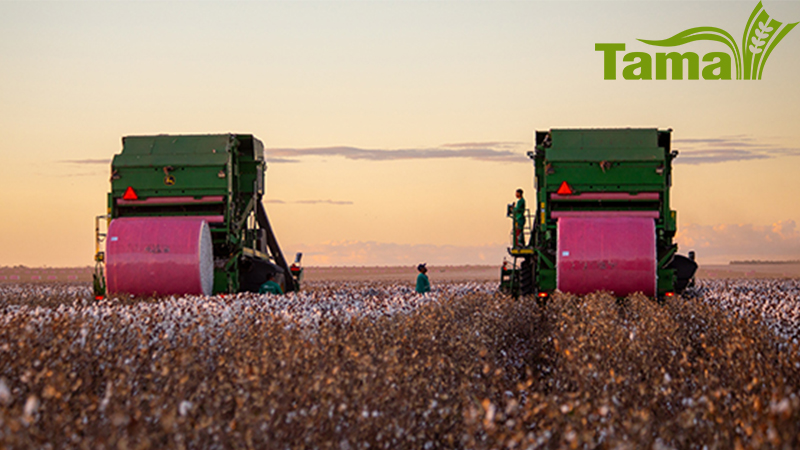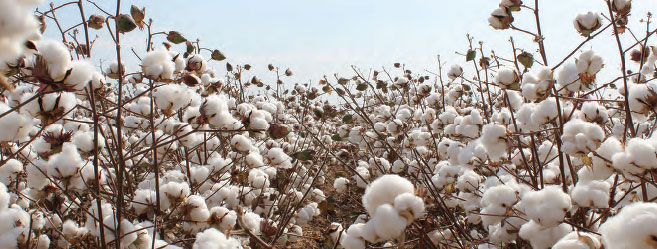Face Masks Still Critical Until Herd Immunity to COVID-19 Reached
The current COVID-19 crisis in India should be a reminder that vaccinations and countermeasures such as face masks and physical distancing are critical to conquer the ongoing pandemic.
A second COVID-19 pandemic wave is ravaging India with a recent single day rise of 352,991 cases, making it a global record since the beginning of the pandemic. As it is a global crisis and affects the entire world, it is a noble responsibility for countries to support India in its war against the pandemic.
Global infectious disease experts emphasize the importance of swift vaccination and mass vaccination of about 70-80% to reach herd immunity. While it may take a few months to achieve this level of vaccination, it is important that people continue to use face masks and practice maximum safety.
“Right now, the virus is still winning and hence public health measures such as hygiene and face coverings are important,” stated Dr. Manickavasagam Sundaram, MD, PhD, Department of Medicine, Lakeridge Health, Oshawa, Canada. He added that even with the availability of vaccines in some nations, there is an issue with vaccine hesitancy and emergence of new variants that emphasize the importance of safety precautions.
Recent research carried out in the Nonwovens and Advanced Materials Laboratory at Texas Tech University showed that face masks helped curtail the COVID-19 spread in the United States when face mask mandates were in effect in different states. Results showed that 63% of the states saw a decrease in daily and cumulative cases 21 days after the mandates began, and 66% saw a reduction after 28 days.
“I believe proper wearing of face coverings, in addition to other mitigation measures, can help reduce the spread of SARS-CoV-2,” stated James Ayodeji, researcher involved in the face mask project. “Additionally, the fit of the face coverings is important.”
Fiber scientists and textile chemists have a greater role to play in developing highly efficient personal protective equipment. Much research is needed to understand the effect of fibers such as cotton and blends, as well as the structure of masks on viral barrier and protection capabilities.
“It is incumbent upon every individual to conduct themselves in a responsible way with appropriate behavior such as the use of face coverings and practicing physical distancing,” stated Amarashish Phanse, a COVID-19 survivor, who lost his wife due to COVID complications.
It is clear from those who have been victims of the pandemic that responsibility rests with the public to get properly vaccinated and to avoid transmission. The recent safety lax in India has been widely recognized as the reason for the surge.
“Given the large population to be vaccinated in India, social distancing and correct use of masks need to be strictly enforced,” stated Mumbai-based Dilip Raghavan, Editor of Colourage. “This will help while the nation is gearing up the vaccination.”
As a person who is in the epicenter of the pandemic in India, Raghavan noted a sense of complacency kicked in between the end of the first surge and the beginning of the current one – the results of which are being witnessed now.
“A protection strategy would be to distribute reusable face masks and other hygiene products instead of spending huge amounts on hospital infrastructure,” stated Kochi-based Sreekumar Raghavan, Editor, Pallikkutam, The Education Observer.
We have a collective responsibility to conquer the virus by following recommended safety measures and with mass vaccination.









